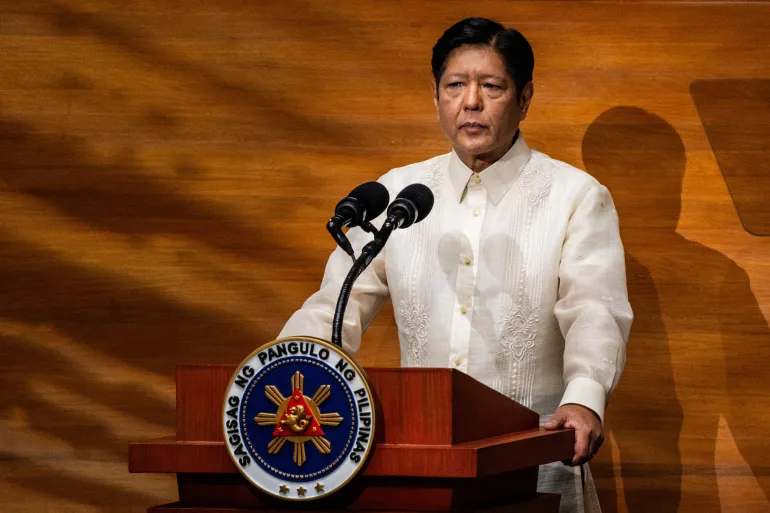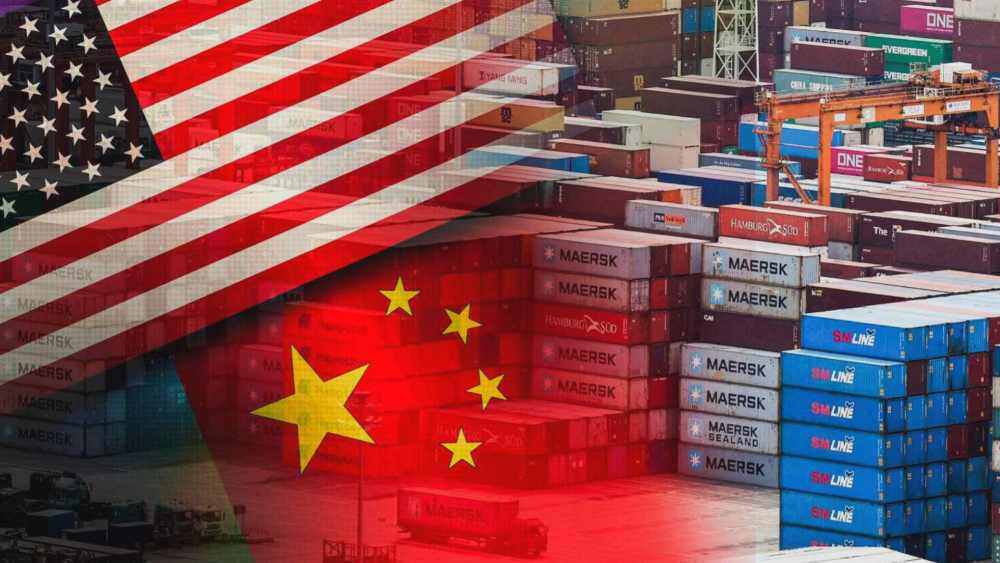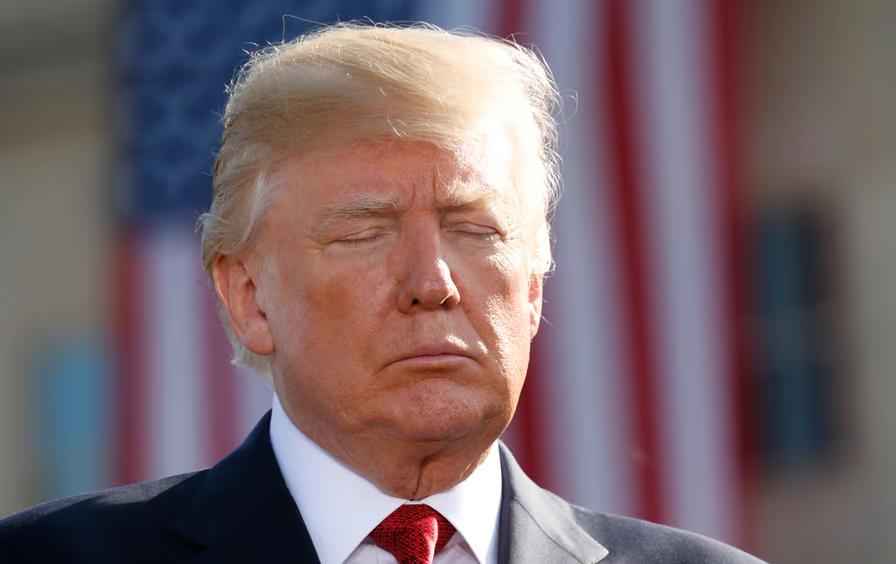Philippines Says Actions Of China Air Force ‘Illegal’ and 'Reckless''
Aug 11, 2024 / GMT+6
Philippine President Condemns Chinese Aircraft Actions in the South China Sea as 'Illegal' and 'Reckless.'
More topics for you...This topic continues below.
China reports record $1.2 trillion trade surplus for 2025, defying Trump's tariffs.
On Sunday, Philippine President Ferdinand Marcos Jr. strongly criticized recent actions by the Chinese air force in the South China Sea. He called these actions "unjustified, illegal, and reckless."
This issue is the first since Marcos took office in 2022 where the Philippines has complained about Chinese aircraft, instead of navy or coast guard ships. On Saturday, both Manila and Beijing accused each other of disrupting military operations near Scarborough Shoal.
The Philippine military reported that two Chinese aircraft dropped flares in the path of a Philippine patrol plane on Thursday. This happened during a routine patrol around the Scarborough Shoal, a highly contested area. The military criticized these actions as "dangerous and provocative."
In reply, the Chinese Southern Theatre Command accused the Philippines of interrupting their training. They claimed Manila had "illegally entered" Chinese airspace.
President Marcos called on China to act responsibly both at sea and in the air. "We’ve just begun to ease tensions, and it’s concerning that instability might already be growing in our airspace," Marcos said. His statement was posted on social media platform X by the Presidential Communications Office.
The Scarborough Shoal is one of Asia’s most disputed maritime areas, often sparking tensions over who controls it and fishing rights. Beijing claims almost the entire South China Sea, a key route for over $3 trillion in annual shipping. This includes areas also claimed by the Philippines, Vietnam, Indonesia, Malaysia, and Brunei.
China continues to reject a 2016 ruling by the Permanent Court of Arbitration in The Hague, which found that Beijing’s extensive claims had no legal basis under international law.







